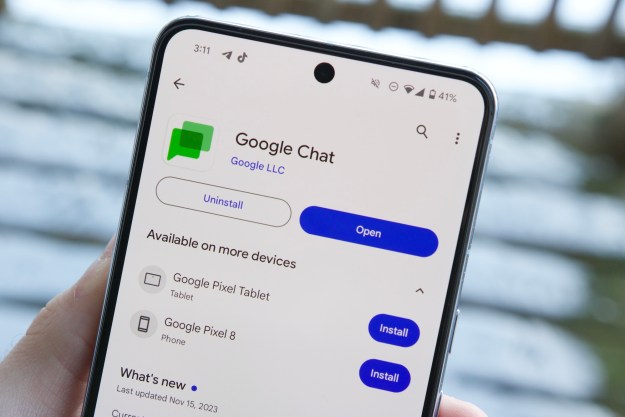
Maps has been able to route you around crowdsourced problems such as road closures and accidents for a while now, but its methods were opaque — it wasn’t always clear why, exactly, Maps chose the alternate routes it did. Now, the app will tell you exactly how conditions are impacting its decision-making — in a dismissible notification. It’ll explain the recommended detour is faster, for instance, or that it takes you around a particularly nasty stretch of gridlock.
Maps is also gaining better route planning. Inputting a destination will yield a page with real-time traffic, theoretically helping you to better avoid congestion. And when you’re driving, Maps will notify you of potential jams ahead and how long you’re likely to be stuck in them.
Looking to prepare for a speedy commute to the latest barbecue, beach, or parade? The new Maps features begin rolling out to everyone starting today.
After several weeks of negative publicity, the Google Maps team could probably use a little R&R themselves. A few maps users yesterday discovered that typing the racial slurs “n—– king” or “n—– house” into Maps directs to the White House, and just last week an image of the Android mascot, Bugdroid, urinating on the Apple logo appeared in Pakistan. Google’s blamed those transgressions on its crowdsourced Map Maker tool, which it’s temporarily disabled as the company “[works] towards making the moderation system more robust.”
Editors' Recommendations
- A new Google Pixel Tablet is coming, but it’s not what you think
- Google Messages vs. Samsung Messages: Which app should you use?
- Don’t update your Google Pixel phone — you might break it
- Google is paying a $700 million fine, and you’re getting some of it
- Google Maps got a major update, and people hate it

